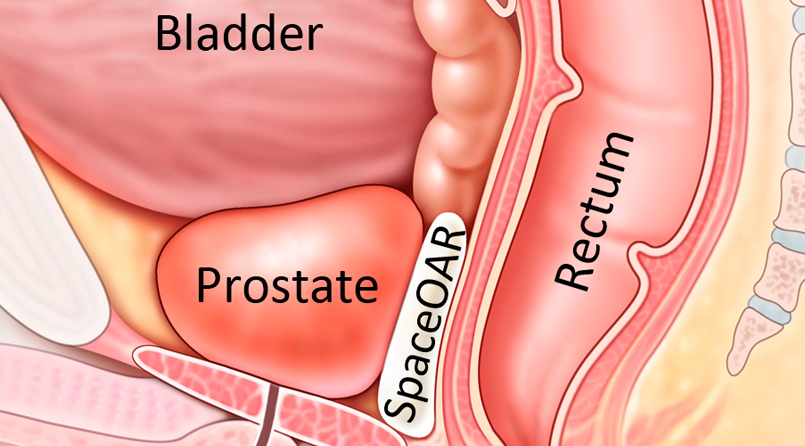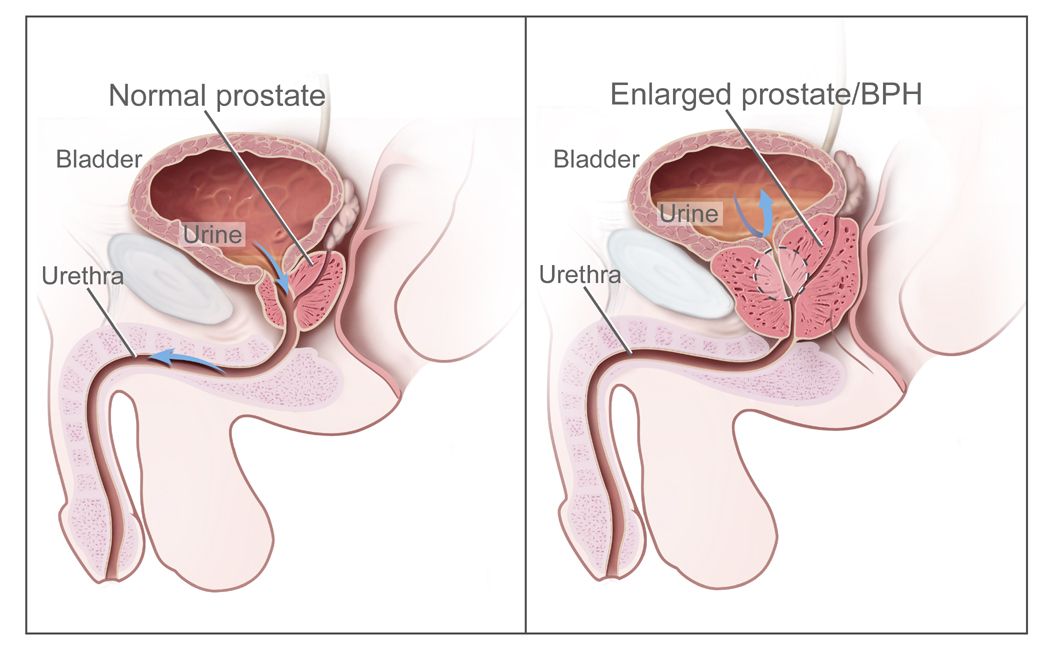Best Prostate Cancer Doctor Fundamentals Explained
Wiki Article
Prostate Cancer Treatment: Surgical and Non-Surgical Approaches Explained
When encountered with a prostate cancer cells diagnosis, the range of treatment choices can appear overwhelming. From surgical treatments to non-surgical techniques, each technique brings its very own set of advantages and factors to consider. The decision-making process includes evaluating elements such as performance, possible side effects, and lasting end results. Comprehending the subtleties of surgical strategies, like robotic-assisted surgery, and non-surgical treatments such as radiation treatment and hormonal agent therapy, is essential for individuals and their family members. This extensive introduction intends to clarify the intricacies of prostate cancer treatment, providing insights into the ins and outs of each method to encourage individuals in making informed selections concerning their health.Surgical Treatment Choices
When considering medical treatment alternatives for prostate cancer cells, patients and health care suppliers usually evaluate the advantages and risks connected with various procedures,. One usual medical method is radical prostatectomy, which entails the removal of the entire prostate gland. This treatment is typically recommended for people with localized prostate cancer and supplies the potential for a remedy. Extreme prostatectomy can lead to side effects such as urinary incontinence and erectile dysfunction.
An additional medical choice is robotic-assisted laparoscopic prostatectomy, a minimally intrusive treatment that utilizes a robotic system to help the doctor in getting rid of the prostate. This method can cause less blood loss, shorter health center stays, and quicker recuperation times contrasted to typical open surgical treatment. It additionally carries the risk of difficulties such as infection and injury to surrounding body organs.
Eventually, the option of surgical therapy for prostate cancer cells depends upon numerous aspects including the phase of the cancer, the client's overall wellness, and their preferences relating to potential adverse effects and recovery times. Consulting with a multidisciplinary team consisting of urologists, oncologists, and radiation oncologists can assist patients make educated choices concerning the most appropriate surgical strategy for their specific situation.

Non-Surgical Treatment Options
Taking into consideration alternatives to medical interventions, non-surgical therapy options for prostate cancer deal clients extra opportunities for managing the illness while lessening prospective medical threats. One non-surgical approach is Active Security, where people with low-risk prostate cancer are kept an eye on carefully via regular exams, blood tests, and biopsies, without going through immediate treatment. This method intends to prevent unnecessary treatment and its connected side impacts, such as urinary incontinence and impotence.One more non-surgical choice is Radiation Treatment, which makes use of high-energy rays to kill cancer cells (Best prostate cancer hospital in India). This treatment can be provided externally utilizing a device (Exterior Beam Radiation) or inside through small radioactive pellets positioned near the growth (Brachytherapy) Radiation treatment can be utilized as a key therapy or in mix with other therapies, such as hormone treatment
Furthermore, Hormonal Agent Therapy is a non-surgical method that intends to lower the degrees of male hormonal agents (androgens) in the body, as these hormones can fuel the growth of prostate cancer cells. By obstructing or reducing androgen levels, hormone treatment can decrease cancer cells progression and alleviate signs and symptoms in advanced cases.
Robotic-Assisted Surgery for Prostate Cancer

One of the key advantages of robotic-assisted surgical treatment for prostate cancer is its capacity to decrease the danger of problems and side results typically connected with open surgery, such as blood loss, discomfort, infection, and expanded recuperation times. On the whole, robotic-assisted surgical treatment stands for an innovative method to prostate cancer cells therapy that integrates Discover More Here technological developments with medical competence to maximize patient results.
Radiation Treatment for Prostate Cancer
Using sophisticated radiation technology, radiation treatment plays an essential function in the extensive therapy of prostate cancer. Radiation therapy uses high-energy radiation to ruin cancer cells and diminish lumps. It is an usual therapy alternative for prostate cancer, either as a primary treatment or in combination with surgical procedure, hormonal agent treatment, or chemotherapy.There are 2 major kinds of radiation therapy utilized for prostate cancer cells: outside beam radiation treatment (EBRT) and brachytherapy. These seeds emit radiation that kills the cancer cells over time.
Radiation therapy for prostate cancer is extremely reliable, with high cure rates, specifically for local cancer. It is see here also a valuable choice for individuals that may not be ideal candidates for surgery. Like any treatment, radiation therapy might have adverse effects, such as urinary system problems, exhaustion, and skin inflammation, but these are workable and typically momentary.
Hormone Treatment for Prostate Cancer
Hormone therapy is a generally made use of therapy approach for prostate cancer cells monitoring. Prostate cancer is frequently fueled by the man hormonal agent testosterone. Hormonal agent treatment, additionally referred to as androgen deprivation treatment, intends to decrease testosterone levels in the body or obstruct the hormonal agent's results on the prostate cancer cells, hence decreasing the illness's development. This therapy is particularly reliable in innovative phases of prostate cancer cells, where surgery or radiation treatment might not suffice.There are different types of hormonal agent treatment for prostate cancer cells, consisting of medicines that lower testosterone degrees (such as luteinizing hormone-releasing hormonal agent agonists and antagonists), or medicines that obstruct testosterone from reaching cancer cells (like anti-androgens) Hormonal agent treatment can be used alone or in mix with other treatments like radiation therapy, depending on the phase and aggressiveness of the cancer.
While hormone therapy can properly manage prostate cancer development, it might include adverse effects such as warm flashes, loss of sex drive, impotence, and osteoporosis - Best prostate cancer doctor in Mumbai. Normal surveillance and conversations with doctor are crucial to manage these negative effects and guarantee the therapy's efficiency
Conclusion
Finally, the therapy options for prostate cancer cells consist of medical and non-surgical approaches such as robotic-assisted surgery, radiation therapy, and hormonal agent treatment. Each technique has its very own advantages and risks, and the selection of therapy depends on various variables such as the phase of cancer cells and total wellness of the patient. It is very important for people to go over these options with their doctor to establish one of the most ideal strategy for their individual scenario.
Utilizing innovative radiation innovation, radiation treatment plays a crucial role in the thorough therapy of prostate cancer. It is an usual treatment choice for prostate cancer cells, either as a key therapy or in combination with surgical procedure, hormonal agent therapy, or chemotherapy.
Radiation therapy for prostate cancer is very effective, with high cure rates, particularly for localized see this website cancer.Hormonal agent treatment is a frequently made use of treatment technique for prostate cancer administration.In final thought, the treatment options for prostate cancer include medical and non-surgical techniques such as robotic-assisted surgery, radiation treatment, and hormone treatment.
Report this wiki page